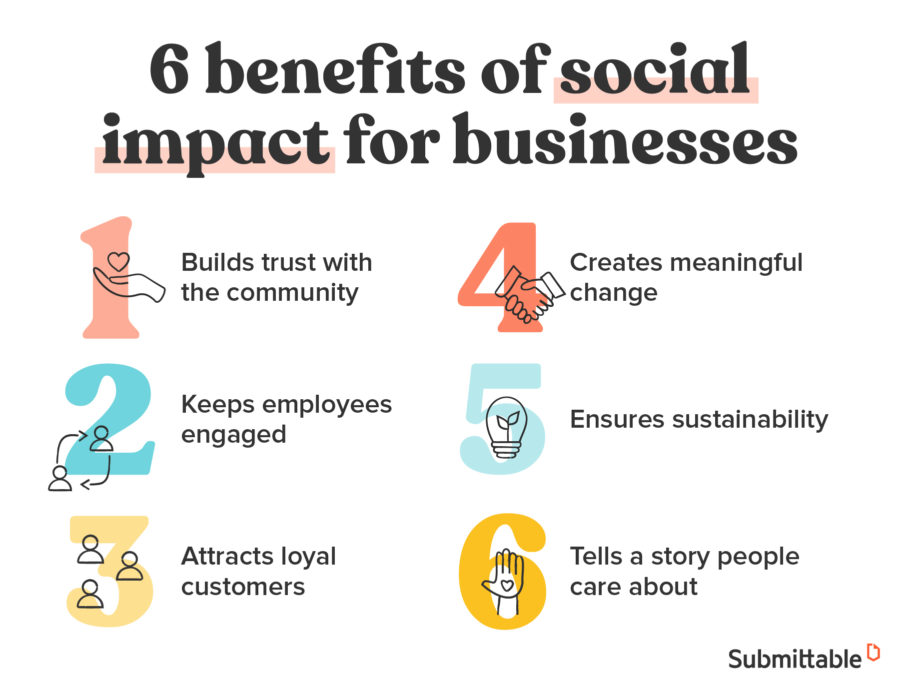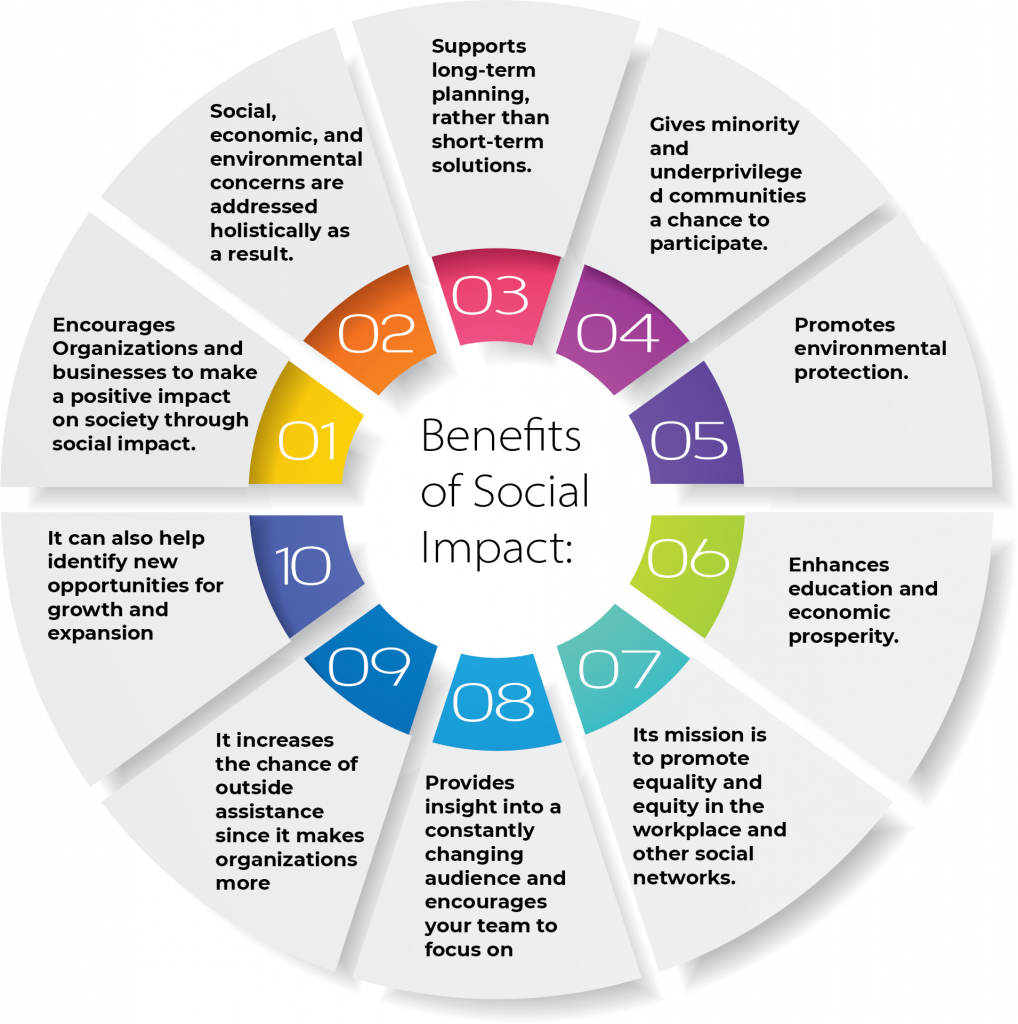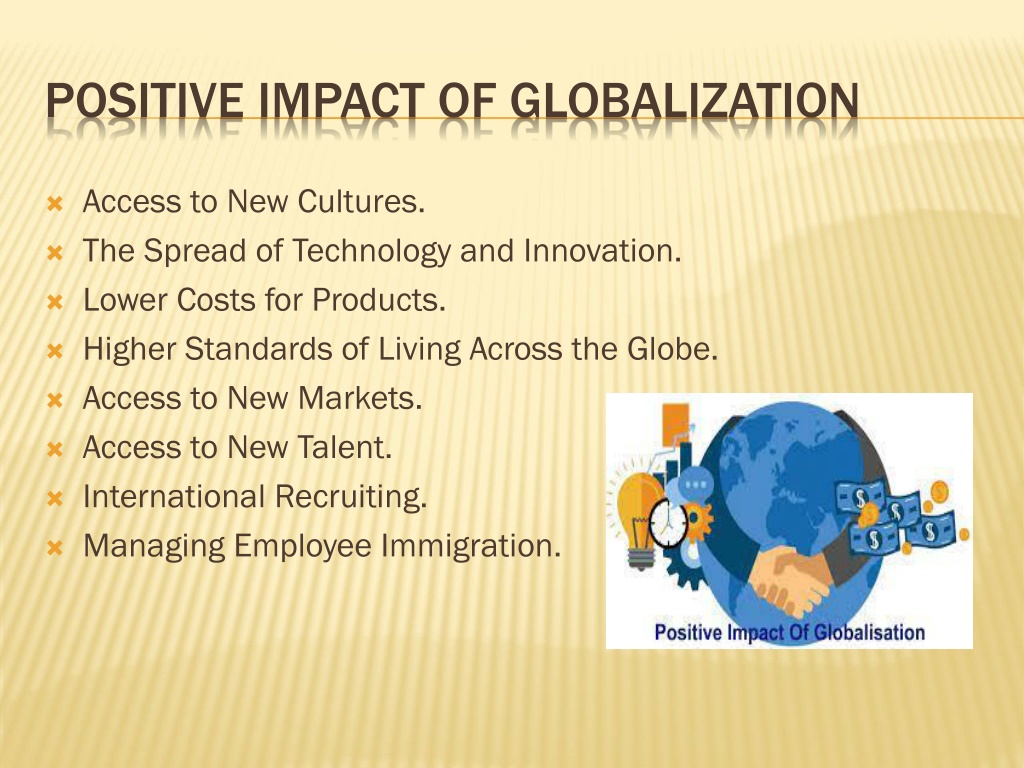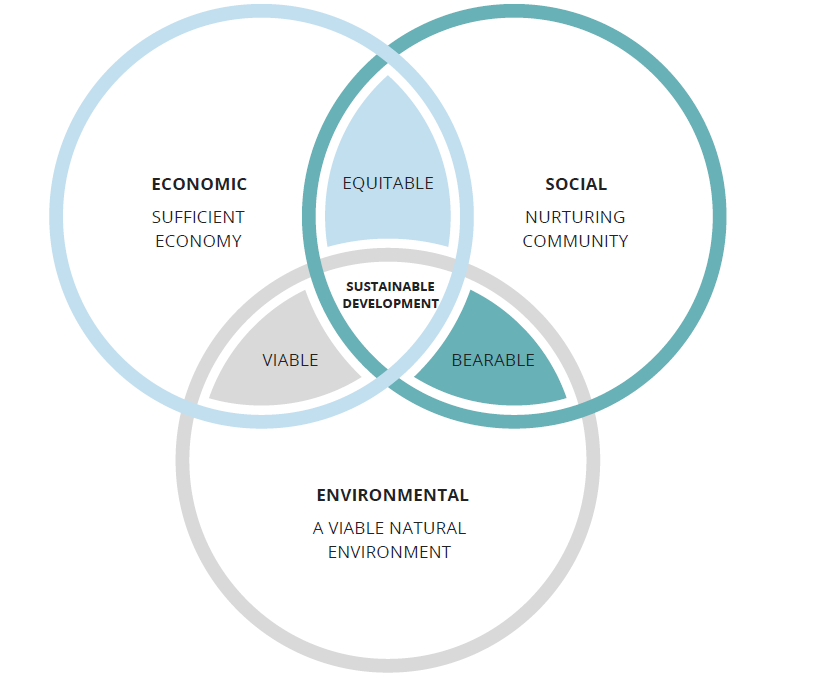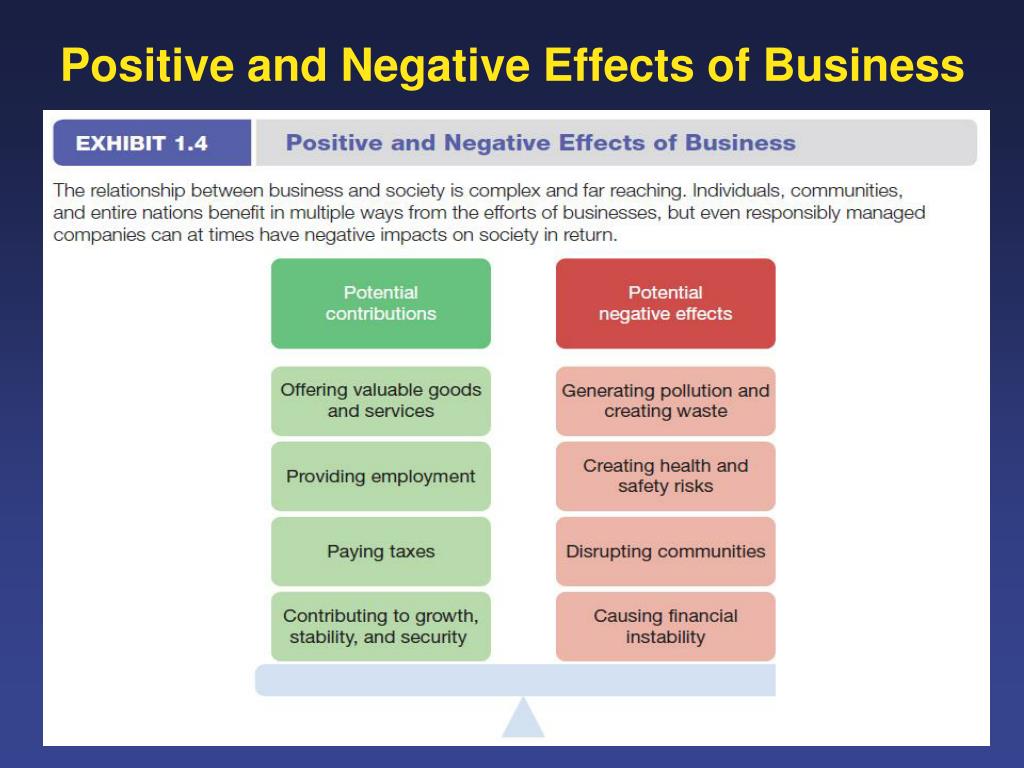Positive Impact Of Business On Society

In an era often marked by skepticism towards corporate motives, a growing body of evidence highlights the undeniably positive impact businesses can have on society. From driving economic growth and fostering innovation to promoting social responsibility and environmental sustainability, businesses are increasingly recognized as powerful agents of change.
This article delves into the multifaceted ways in which businesses contribute to the betterment of society. It examines specific examples, supported by credible data, showcasing how companies are not only pursuing profits but also actively addressing pressing global challenges. By exploring these positive contributions, we aim to foster a more nuanced understanding of the role businesses play in shaping a better future.
Economic Growth and Job Creation
Businesses are the engine of economic growth. They create jobs, generate wealth, and stimulate innovation, leading to higher standards of living and improved opportunities for individuals and communities.
According to the World Bank, the private sector accounts for approximately 90% of jobs in developing countries. Businesses, particularly small and medium-sized enterprises (SMEs), are vital for reducing poverty and promoting inclusive growth.
Furthermore, businesses invest heavily in research and development, leading to technological advancements and new products that improve our lives. Innovative companies like Tesla and Apple have revolutionized entire industries, creating new markets and transforming the way we live and work.
Social Responsibility and Community Development
Many businesses are increasingly embracing the concept of corporate social responsibility (CSR). This involves integrating social and environmental concerns into their business operations and interactions with stakeholders.
CSR initiatives can range from supporting local communities through philanthropic donations and volunteer programs to promoting ethical labor practices and fair trade. Companies like Patagonia have built their brands around a commitment to environmental sustainability, donating a percentage of their sales to environmental causes.
Moreover, businesses are increasingly recognizing the importance of diversity and inclusion in the workplace. By creating opportunities for individuals from all backgrounds, companies can foster a more equitable and just society. A McKinsey study found that companies with more diverse executive teams are more likely to outperform their peers.
Environmental Sustainability
Addressing climate change and protecting the environment are critical challenges facing humanity. Businesses have a crucial role to play in developing sustainable solutions and reducing their environmental footprint.
Many companies are investing in renewable energy, implementing energy-efficient technologies, and reducing waste in their operations. Unilever, for example, has committed to sourcing 100% of its agricultural raw materials sustainably by 2020, reducing its environmental impact and supporting sustainable farming practices.
Furthermore, businesses are developing innovative products and services that promote sustainability. The growth of the electric vehicle market, led by companies like Tesla, is a testament to the power of business to drive positive environmental change.
"The pursuit of profit does not necessarily conflict with the pursuit of social good." - Michael Porter
Addressing Social Issues
Businesses are also actively engaging in efforts to address pressing social issues, such as poverty, inequality, and access to healthcare and education. Social enterprises, in particular, are designed to address social problems while generating revenue.
Companies like TOMS Shoes have pioneered the "one-for-one" business model, donating a pair of shoes to a child in need for every pair purchased. While the effectiveness of this model has been debated, it highlights the growing trend of businesses seeking to make a social impact.
Additionally, businesses are investing in education and training programs to help individuals develop the skills they need to succeed in the 21st-century economy. Google's free online courses and training programs are helping millions of people around the world gain valuable skills and improve their career prospects.
Looking Ahead
The positive impact of business on society is becoming increasingly evident. As consumers, investors, and employees demand greater social and environmental responsibility, businesses are responding by integrating these considerations into their core operations.
However, challenges remain. Ensuring that businesses are held accountable for their actions and that their positive contributions are genuine and sustainable is crucial. Increased transparency, robust regulations, and stakeholder engagement are essential for fostering a business environment that truly benefits society.
Ultimately, the future will depend on businesses embracing a more holistic view of their role in society. By prioritizing people, planet, and profit, businesses can be a powerful force for positive change, creating a more sustainable and equitable world for all.
